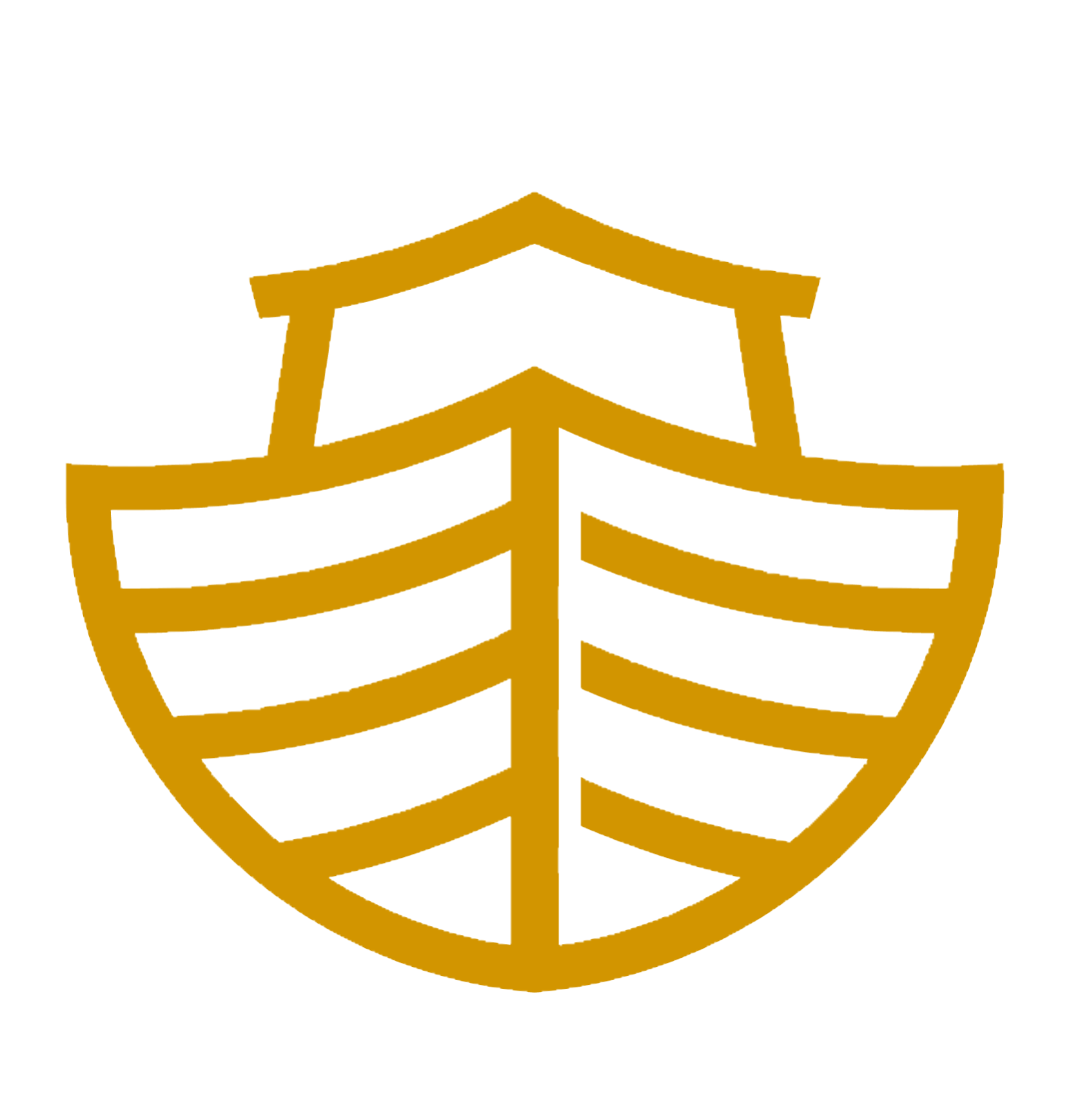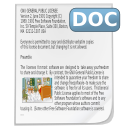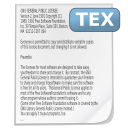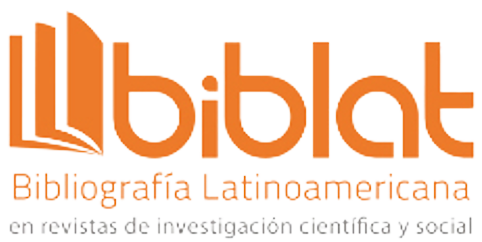Selection of one social network to support higher education teaching through computing with words
Abstract
Social networks have impacted society, to such an extent that in many occasions it is more important to be aware of them than any other application on the cell phone, tablet or laptop. On the other hand, the arrival of the covid-19 disease has also impacted the way students, teachers and the education system itself act. The present work aims to select the most suitable social network for higher education support, through computing with words, used to perform the process of computation and reasoning. In addition, the FLINTSTONES program is used to simulate the different models. Finally, the results achieved for each of the three social networks analyzed are presented: Telegram, WhatsApp and Facebook.
Downloads
References
DÁVILA, Mario Rodrigo Mejía. M-Learning: características, ventajas y desventajas, uso. Revista Tecnológica-Educativa Docentes 2.0, 2020, vol. 8, no 1, p. 50-52. Disponible en: https://ojs.docentes20.com/index.php/revista-docentes20/article/view/80/236. DOI: https://doi.org/10.37843/rted.v8i1.80
HITA, María; LÓPEZ, Encarnación Rueda; PALOMINO, María. Posibilidades didácticas de las redes sociales en el desarrollo de las competencias de la educación superior: percepciones del alumnado. Pixel-Bit, Revista de Medios y Educación, 2018, no 53. Disponible en: https://www.academia.edu/download/59448268/1620190530-90867-1at3ptm.pdf.
FERNÁNDEZ, Carmen Sabater; LOREA, Ion Martínez; CAMPIÓN, Raúl Santiago. La Tecnosocialidad: El papel de las TIC en las relaciones sociales. Revista Latina de Comunicación Social, 2017, no 72, p. 1592-1607. Disponible en: https://doi.org/10.4185/RLCS-2017-1236. DOI: https://doi.org/10.4185/RLCS-2017-1236
DURAN, Diego F.; CHANCHÍ, Gabriel E.; ARCINIEGAS, Jose L. Evaluación de mapas de competencias educativas: una propuesta difusa basada en 2-tuplas. Revista Ibérica de Sistemas e Tecnologias de Informação, 2017, no 24, p. 22-38. Disponible en: https://pdfs.semanticscholar.org/88f8/00f92c24c3225021fba57d722493ccd8ab6f.pdf. DOI: https://doi.org/10.17013/risti.24.22-38
QUIROZ MARTINEZ, Miguel Ángel; ARGUELLO RUIZ, Rodrigo Alexander; GOMEZ RIOS, Mónica Daniela; LEYVA VAZQUEZ, Maikel Yelandi. Evaluación de potencial del internet de las cosas en la salud mediante mapas cognitivos difusos. Conrado [online]. 2020, vol.16, n.75 [citado 2021-07-13], pp.131-136. Disponible en: http://scielo.sld.cu/pdf/rc/v16n75/1990-8644-rc-16-75-131.pdf. Epub 02-Ago-2020. ISSN 2519-7320.
RENTE LABRADA, Rosa María; VALDIVIA MESA, Arianet; VEGA ALMAGUER, Manuel; GONZALEZ HIDALGO, Gilberto Enrique. Computación con palabras en la evaluación del Diseño como instrumento de la Gestión Ambiental. Rev cuba cienc informat [online]. 2021, vol.15, n.1 [citado 2021-07-13], pp.1-19. Disponible en: http://scielo.sld.cu/pdf/rcci/v15n1/2227-1899-rcci-15-01-1.pdf. Epub 31-Mar-2021. ISSN 2227-1899.
ORTIZ, Bolivar Enrique Torres; ESCOBAR, Esperanza Del Pilar Araujo; ANDACHI, Jorge Washington Soxo. Análisis jurídico del abandono de causas tipificado en el Código Orgánico General de Procesos, basada en conjuntos de números de 2-tuplas. Universidad y Sociedad, 2021, vol. 13, no S1, p. 146-156. Disponible en: https://rus.ucf.edu.cu/index.php/rus/article/download/2019/2008.
MORALES, Jeovani M.; MONTES, Rosana; HERRERA, Francisco. Detección del Fracaso Académico y Evaluación de la Práctica Docente mediante la Comunicación Automatizada con un Chatbot. En XVIII Conferencia de la Asociación Española para la Inteligencia Artificial (CAEPIA 2018) 23-26 de octubre de 2018 Granada, España. Asociación Española para la Inteligencia Artificial (AEPIA), 2018. p. 245-250. Disponible en: https://sci2s.ugr.es/caepia18/proceedings/docs/CAEPIA2018_paper_240.pdf.
HERRERA, Francisco; MARTÍNEZ, Luis. A 2-tuple fuzzy linguistic representation model for computing with words. IEEE Transactions on fuzzy systems, 2000, vol. 8, no 6, p. 746-752. Disponible en: https://ieeexplore.ieee.org/abstract/document/890332. DOI: https://doi.org/10.1109/91.890332
FLINTSTONES, Video-tutoriales. Sitio oficial del grupo investigación Sistemas Inteligentes Basados en Análisis de Decisión Difusos, 2018, [citado 2021-07-13]. Disponible en: https://sinbad2.ujaen.es/flintstones/es/video-tutorials.
Copyright (c) 2021 Innovación y Software

This work is licensed under a Creative Commons Attribution 4.0 International License.
The authors exclusively grant the right to publish their article to the Innovation and Software Journal, which may formally edit or modify the approved text to comply with their own editorial standards and with universal grammatical standards, prior to publication; Likewise, our journal may translate the approved manuscripts into as many languages as it deems necessary and disseminates them in several countries, always giving public recognition to the author or authors of the research.
























